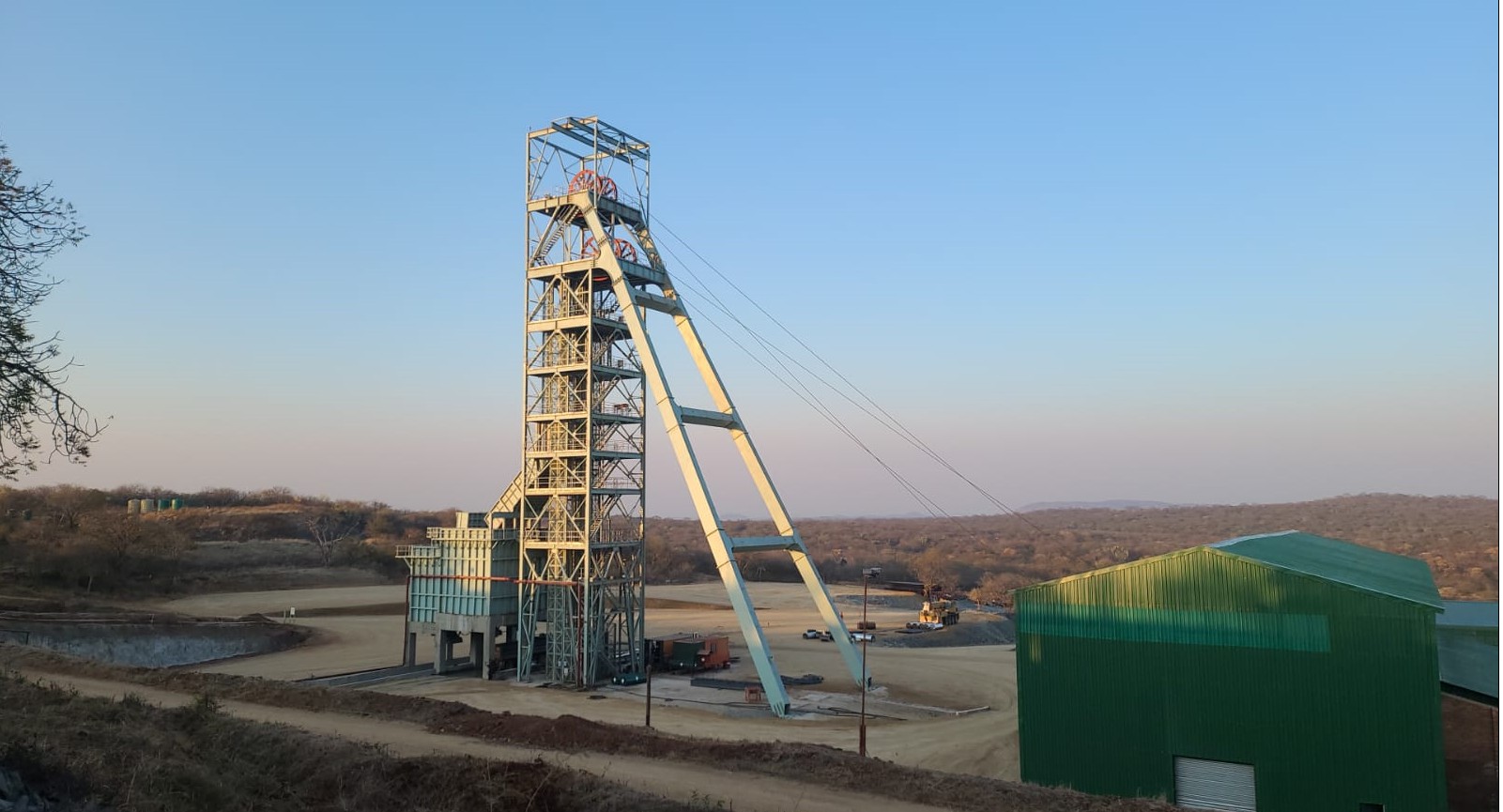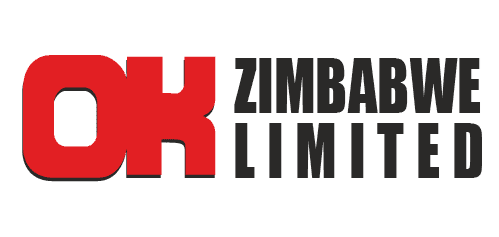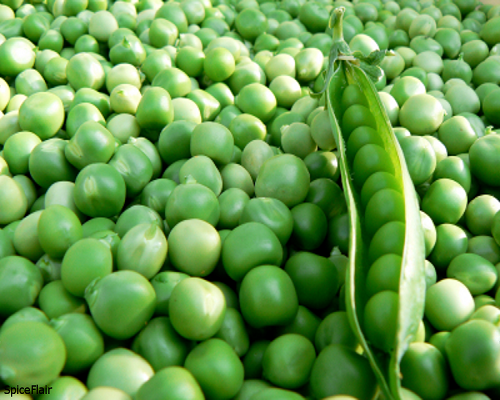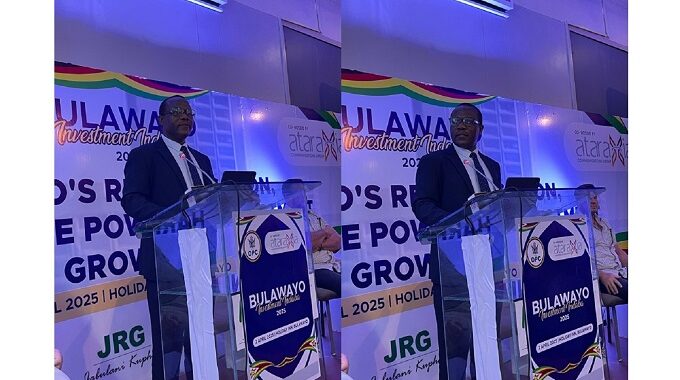ZMX mulls futures on commodities exchange
THE Zimbabwe Mercantile Exchange (ZMX) says it will soon introduce futures trading on the country’s domestic commodities bourse.
A futures contract is a standardised, legally binding agreement to buy or sell a specific asset (like a commodity or financial instrument) at a predetermined price on a specific future date.
ZMX is an electronic agricultural commodity platform launched in August 2021, that facilitates trading and financing of commodities, connecting Zimbabwean traders to regional markets.
The ZMX trades agricultural commodities like maize, soybeans, wheat, and other crops, and aims to expand into horticulture and livestock trading
ZMX chief executive officer (CEO) Mr Collens Tapfumaneyi said the exchange was currently focused on the spot market.
This means someone brings their commodity after harvest, gets it auctioned and traded for immediate delivery and payment at the current market price (the “spot price”).
“They may win or lose, if the price goes the wrong way,” Mr Tapfumaneyi said. “But for planning purposes there is a mechanism in which you can actually know the future price.
“If you produce a commodity of a certain quality, then the future price will be this. “That is very helpful to both the farmer and the off-taker. For the spot market, the disadvantage is that there is price risk, it can either benefit only one side,” he said.
Derivatives are not a new phenomenon in the country.
In 2023, the Zimbabwe Stock Exchange added “Futures” and “Options” trading as new derivatives on the local bourse.
The ZMX CEO said futures trading would help both the farmer and the off-taker for planning purposes.
“As a farmer, you would want to know before you plant how much you would get.
“On the other hand, the off-taker, a miller, also wants to plan, for example, that in May next year, if I buy at this price, I can make money. Once those two have futures contracts, the only focus is now on production,” he said.
“This is what happens with modern markets, and that is where we are going. It is a concept that has been done in an unstructured way, but in this case, it is an upfront agreement.”
Mr Tapfumaneyi also addressed concerns over speculative behaviour.
“Speculators are part of any normal market, as long as they adhere to the rules and regulations of the market,” he said.
Meanwhile, Lands, Agriculture, Fisheries, Water and Rural Development Minister Dr Anxious Masuka commended the ZMX’s growth trajectory.
The commodities exchange has, to date, established a network of 33 warehouses providing 642 000 metric tonnes (MT) of storage space in seven of the country’s 10 provinces.
“The ZMX is increasingly becoming an active trading platform, as farmers and traders become more aware of its utility as an exchange mechanism that guarantees more timeous payments,” said Minister Masuka in a presentation at the African Continental Free Trade Area – Association of Commodity Exchanges (A-ACX) Annual Conference in the resort town.
“Consequently, warehouse receipts totalling 437 000 metric tonnes across nine commodities (maize, wheat, soya beans, red and white sorghum, ginned cotton seed, sugar beans, white rice and rice bran) have been cumulatively issued by ZMX, which is now operating weekly auctions.”-herald











